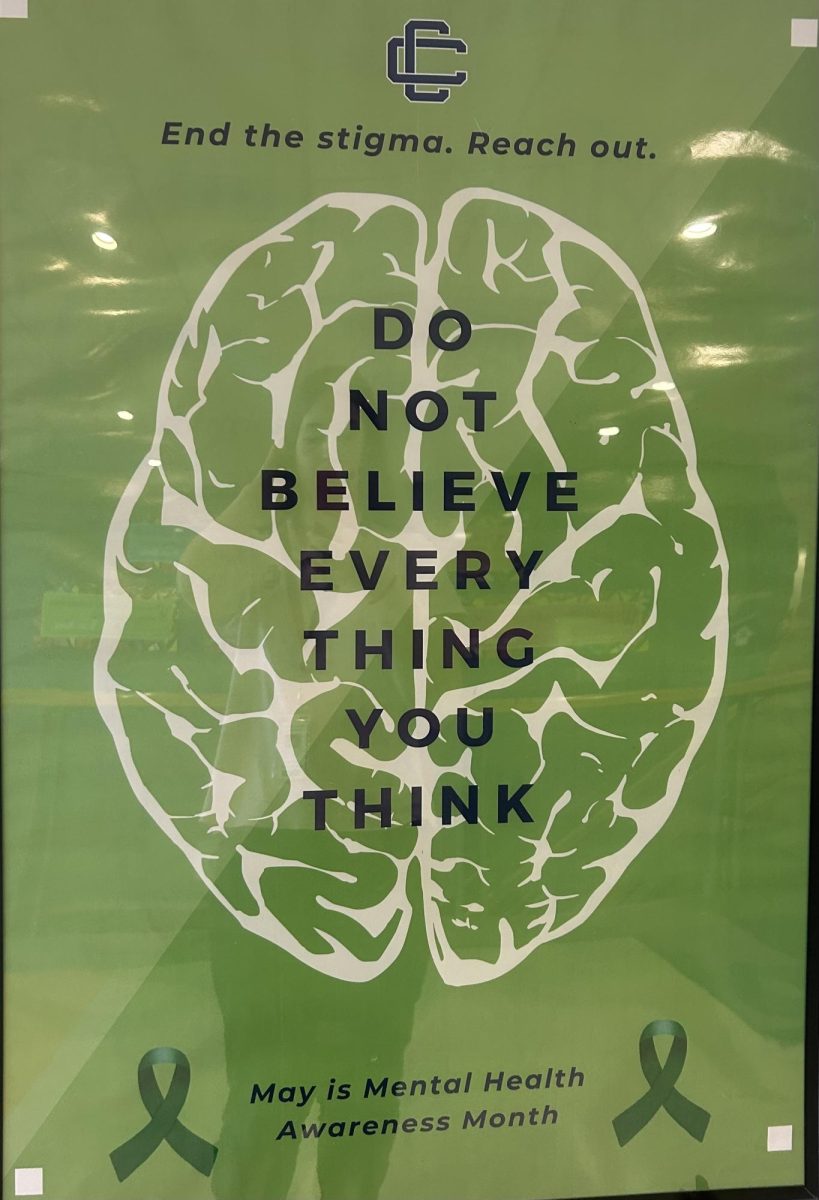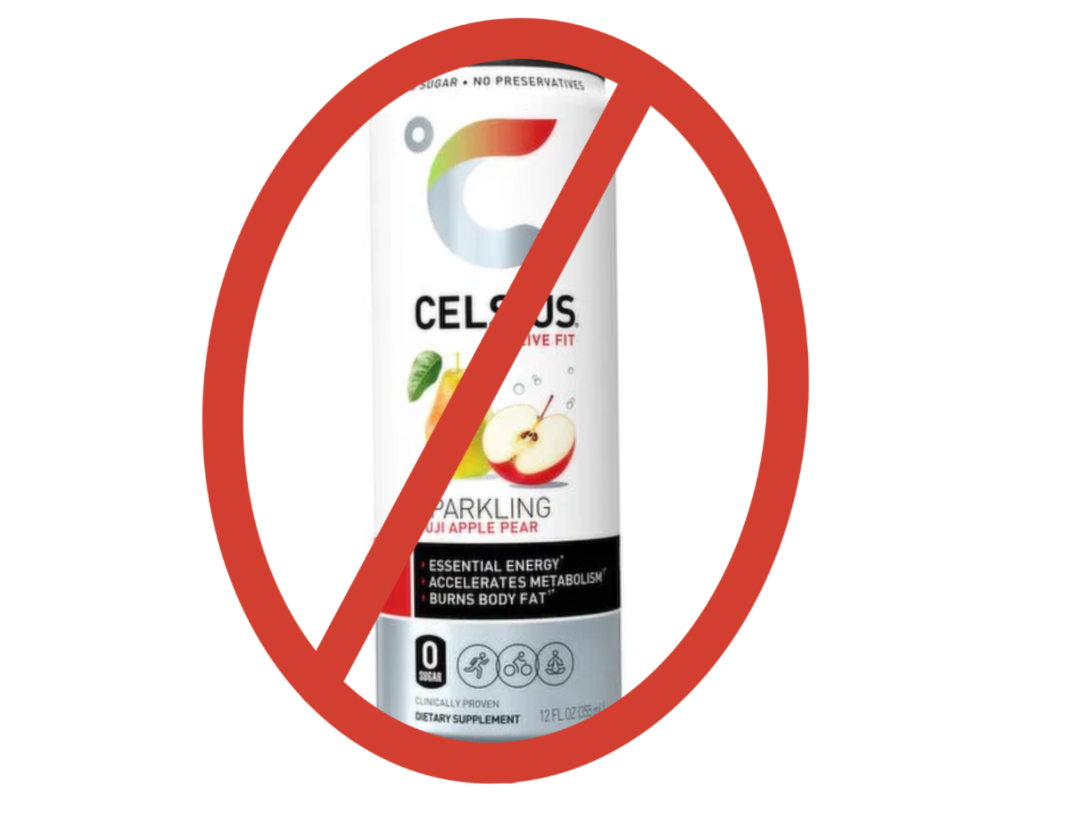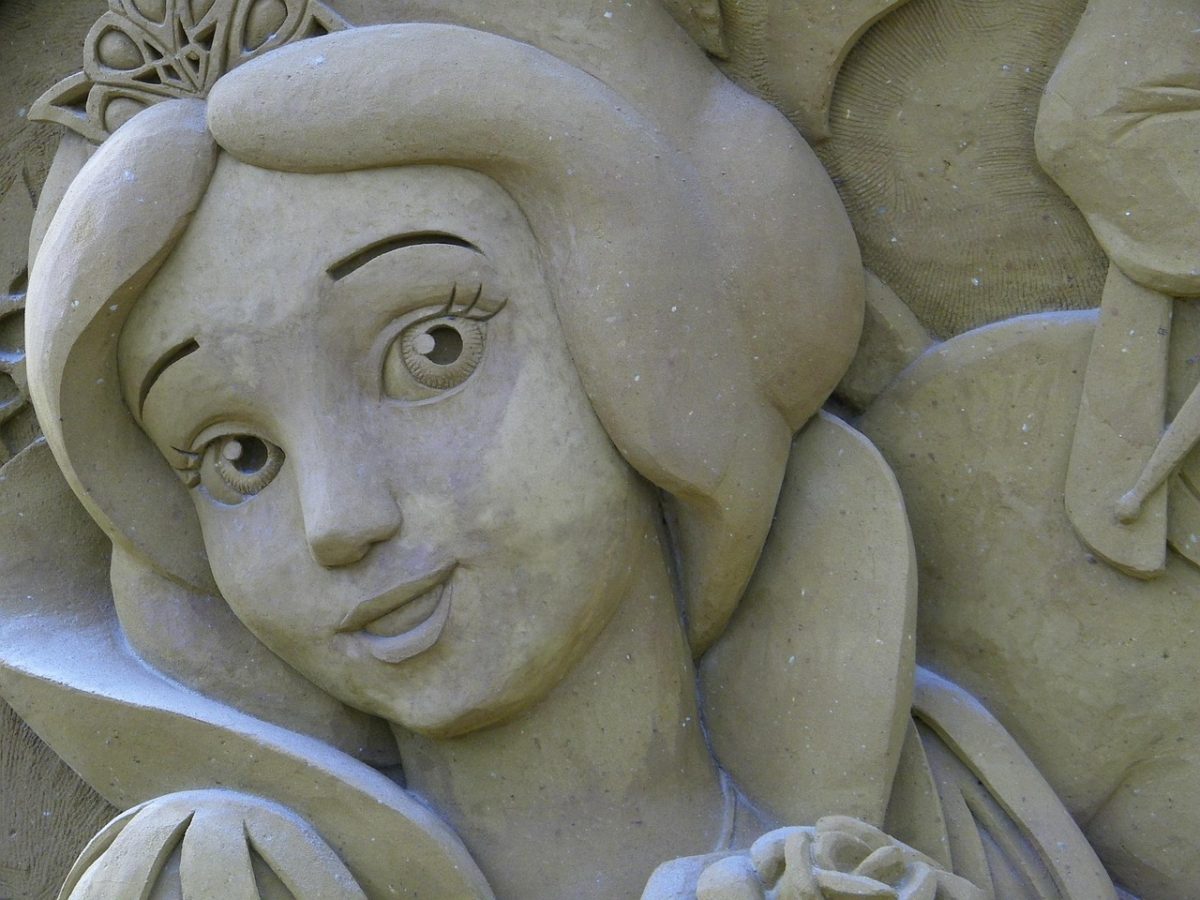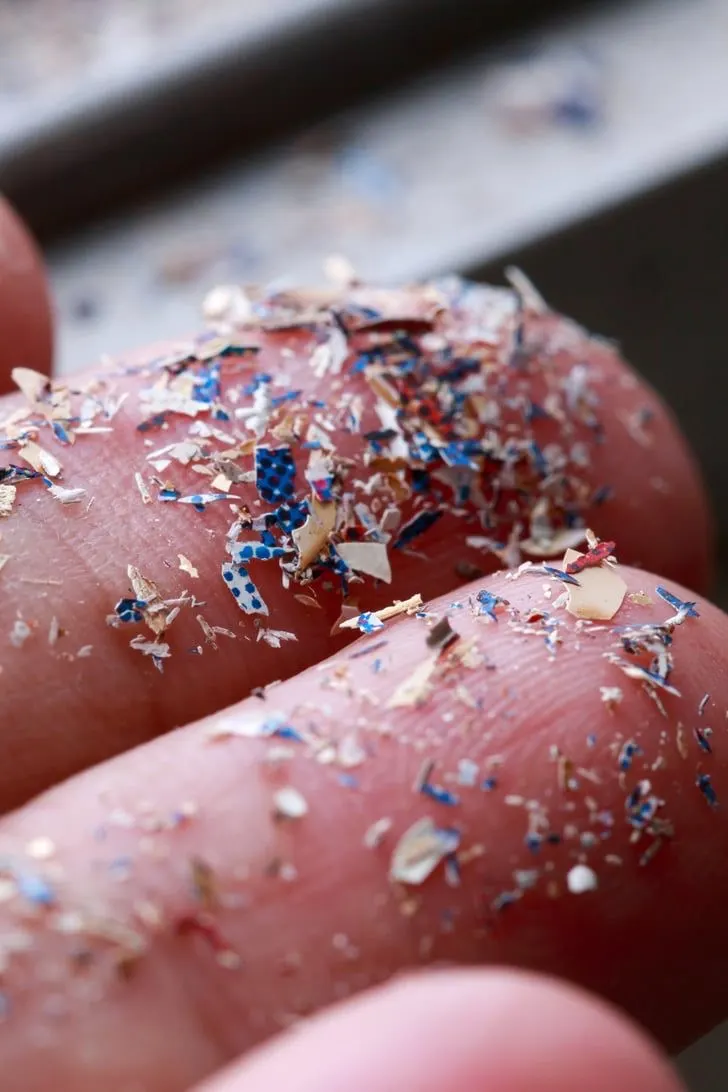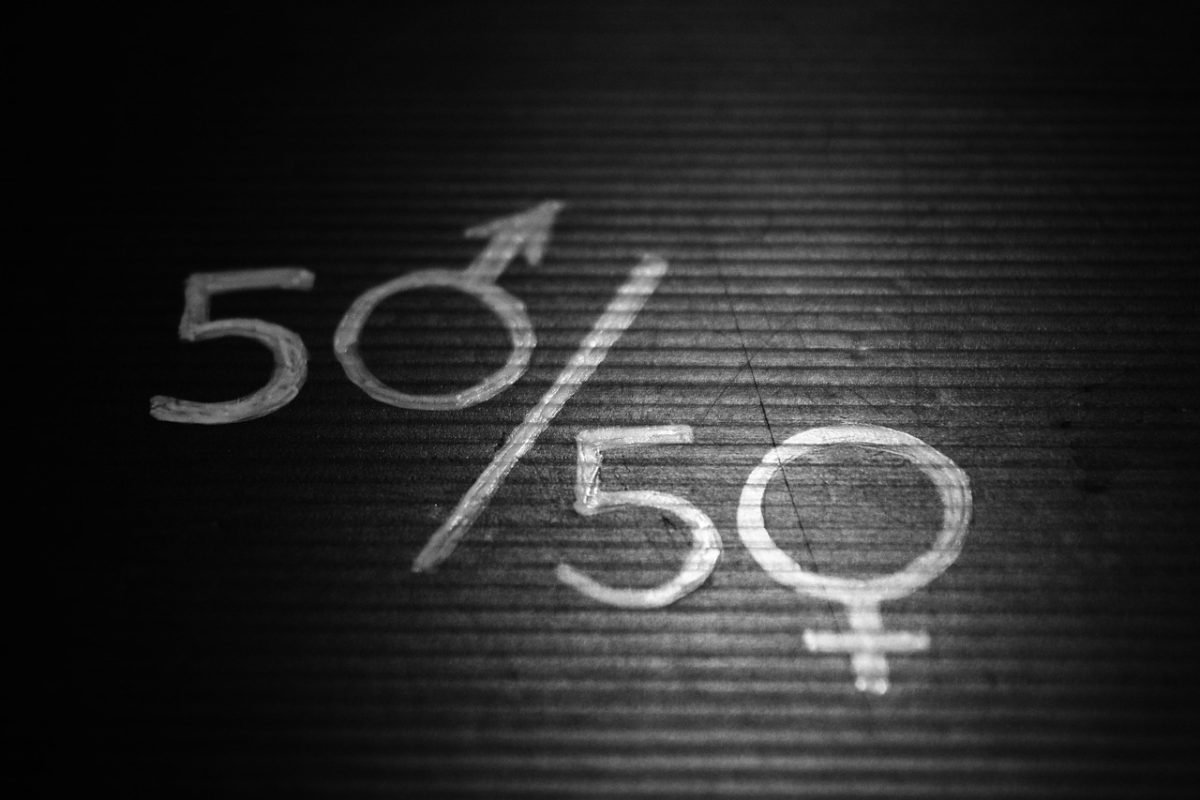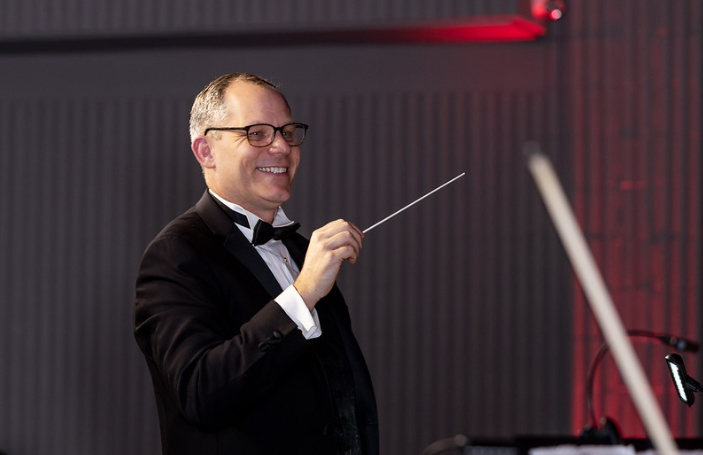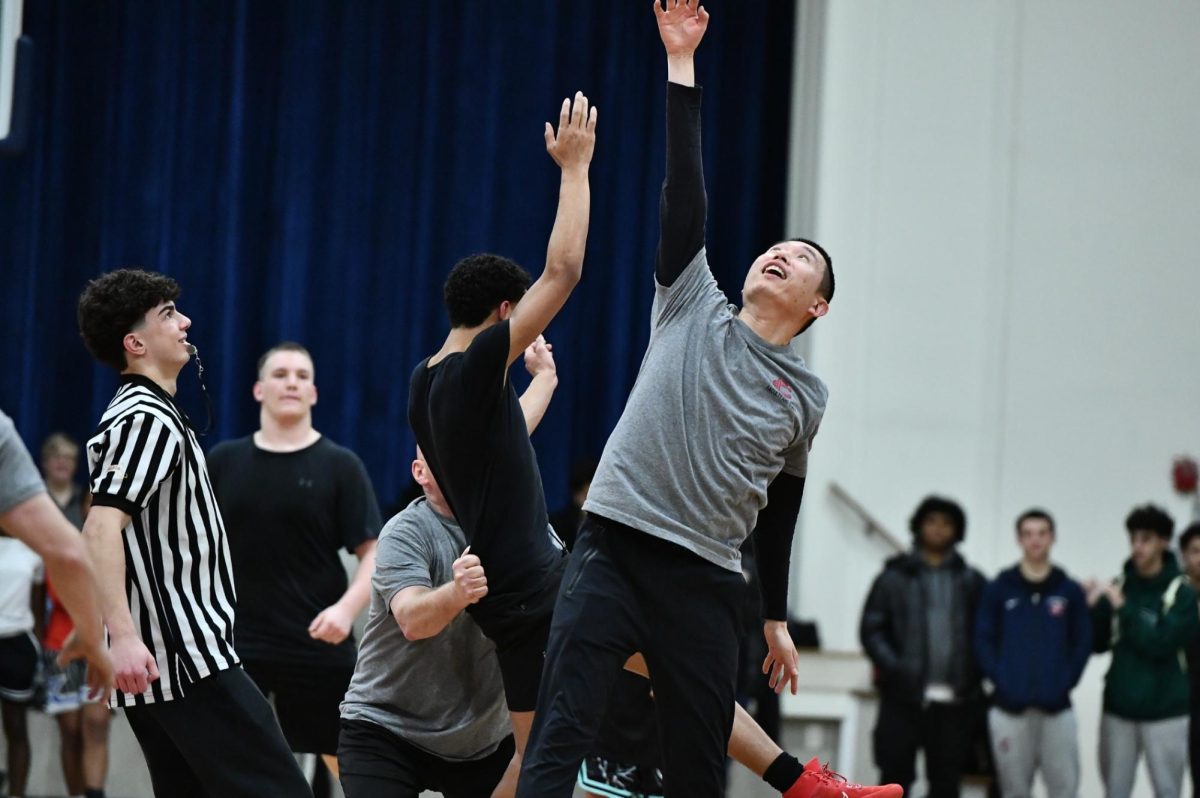Can Gilmore Girls’ main character, Lorelai Gilmore, be considered a role model for teenage girls? Although the show Gilmore Girls was released 24 years ago, it has remained a popular TV series. The New York Times found that in 2023, from January to June, Gilmore Girls received 500 million views. Many of these viewers are teenage girls in need of a female role model.
The show depicts the relationship between Lorelai Gilmore and her daughter Rory, as well as their small town life in Stars Hollow, Connecticut. Lorelai tends to stand up for herself and her daughter, as well as teach her daughter valuable lessons about following her passions. However, Lorelai also has a tendency to be immature. She is always drinking an abundance of coffee and tends to treat her daughter as more of a friend. Despite this, she demonstrates strength by attending a business school so she can open her own inn and ensure her daughter has the best education possible, even if she is not wealthy enough to afford it.
Due to Lorelai’s complex personality, I researched whether or not Gilmore Girls portrays single mothers as role models, according to traits established by Lean In, a group whose mission is to “help women achieve their ambitions and work to create an equal world.” To conduct this research, all seven seasons of Gilmore Girls were watched with close attention paid to Lorelai’s behavior throughout the series. It was noted each time Lorelai displayed any positive role model traits, aligned with Lean In’s definition, including standing up for herself, standing her ground in an argument, praising herself for an accomplishment, praising another female for her accomplishment, and taking a risk. It was also noted every time Lorelai displayed any negative anti-role model traits, coinciding with Lean In’s definition, including succumbing to another person in an argument, deciding not to take a risk, seeming jealous of another female, or hiding something she worked hard for.
Each season presented several positive role model traits as well as many negative anti-role model traits. Since the number of role model traits being examined was not equal to the number of anti-role model traits, an equation was used to find the average amount of role model traits and average amount of anti-role model traits were displayed each season. When comparing this number for all seven seasons, it was clear that Lorelai demonstrates role model traits more often than anti-role model traits in every season consistently throughout the series.
Even though Lorelai has moments in which she fails to act as a strong role model towards young girls, this issue is not prevalent enough to not consider her a good role model. Therefore, the answer to the original question would be yes, Gilmore Girls does portray single mothers as role models, based on Lean In’s guidelines.
Curious about the opinions of fellow students, an anonymous Google Form was sent to students at Central Catholic High School, asking their opinions on the matter. This form was used as a form of confirmation. There were 35 volunteers who had watched the series, 24 of which agreed that Lorelai had been depicted in a positive light, which is 68.6% of participants. When asked if Lorelai was portrayed as a role model, 30 out of 35 participants responded yes. When asked to elaborate their answers, many students’ responses related to her being “strong”, “independent”, and a single mother.
This survey proved that most teenage viewers of Gilmore Girls consider Lorelai Gilmore to have been portrayed positively and as a role model. She is a strong single mother. Therefore, it can be concluded that teenage viewers would agree with the findings of this study that Gilmore Girls chooses to portray single mothers as role models.

